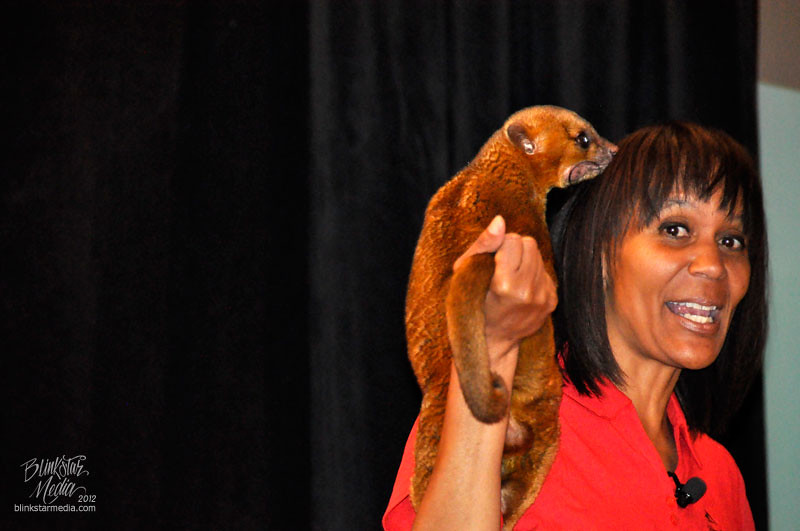The ‘Parrot Paradox’
| I've had several people assume my green aracari must be illegal. |
There’s an interesting phenomenon that occurs with people
who hold anti-exotic pet sentiment, and that is their tendency to have a
negative reaction to animals being kept as pets that has little or nothing to
do with their perception of how unsuitable they are for captivity, but rather they
just don’t like that your pet is not commonly owned.
It is a mentality I’m
going to call the ‘Parrot Paradox’—due to one of the most common examples of
this. Many parrot species are considered to be some of the most ‘intelligent’
non-human animals in the world, with cognition that is often compared to that
of human toddlers (whether it is true or not). This is also true of monkeys,
whose owners are often heavily criticized in the mainstream for keeping such ‘complex’
and ‘intelligent’ animals captive.
Despite their supposed complexity, parrots
are also extremely common for an exotic pet and enjoy some level of mainstream acceptance.
We even have a ‘traditional parrot name’—Polly—the equivalent of Fido or Spot
for dogs. Generally it is only the more radical anti-pet people who question hookbills
being kept as pets.
Yet, show the average person a pet toucan, which is
arguably less ‘complex’, and you will notice that people are more likely to
object to that being kept as a pet because it seems more ‘exotic’. Toucans are
uncommon pets and have different needs than parrots, but there is no evidence
whatsoever that they do worse in captivity than parrots (other than breeding success)—in fact some species
might be even less demanding.
If you go down the line of parrot species from
less common to more common, the acceptance grows.
For instance, cockatiels are
parrots but are some of the most popular pet birds, so you’ll be highly
unlikely to meet resistance. It’s not as though the average person possesses any
knowledge of these birds, they are simply reacting to how uncommon your pet is.
In other words, the less common your pet, the more hate you
get.
Pet uncommonness or uniqueness is no proper measure of its
suitability for captivity or adaptability as a pet.
While it is often the case that some animals are not kept as
pets so often because they are more ‘difficult’ to care for (this has several
meanings), this is certainly not always the case.
Another problem with this mentality is that those poor
animals that are often perceived as ‘traditional’ pets often don’t get the same
attention into their care as those weird ‘wild’ pets.
For some reason, people
who object to strange exotic pets perceive them as requiring specialty care,
which in turn means that those other pets that don’t bother them must be ‘easy’
to care for or somehow well-adapted to captive conditions. There are many
common and traditional pets, like parrots, that show why this isn’t a logical
assumption.
Dogs might be the only species truly ‘adapted’ to live with
humans as their domestication began before humans pursued it intentionally, yet
even they have their own special requirements.
No animal is inherently an
easy-care toy for human beings; they all have their special needs. Perhaps if
people started seeing animals that way, they’d stop irrationally being against
all exotic pets and also pay more attention to the normal pets they never
questioned.


